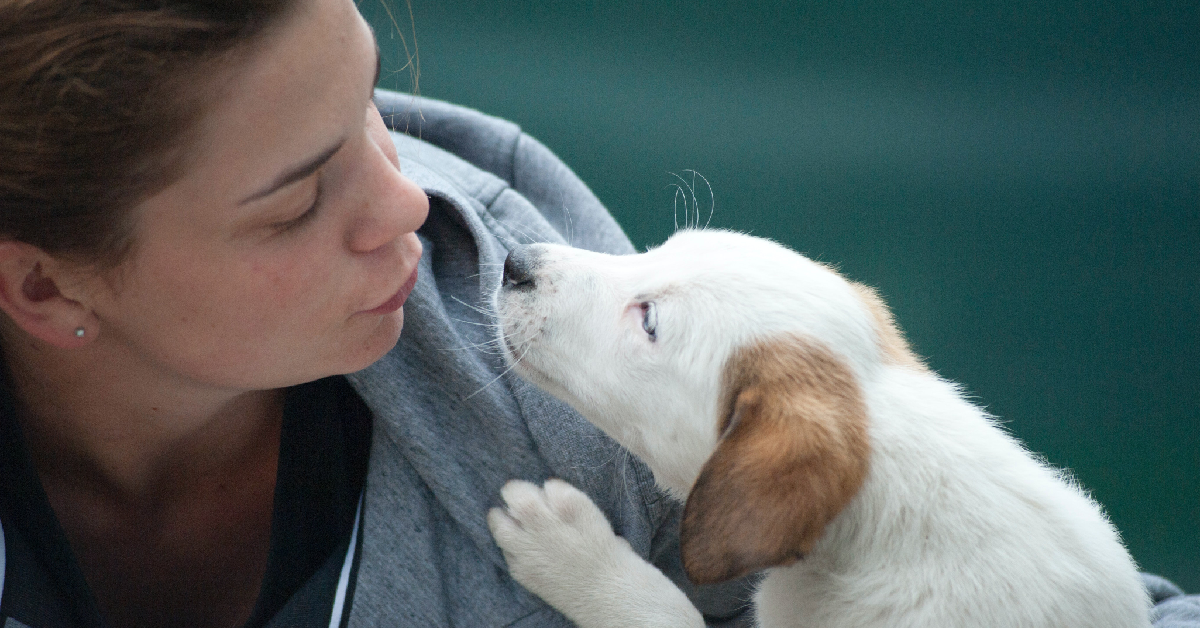Original Article: https://blog.theanimalrescuesite.greatergood.com/counselors-should-take-death-of-pets-seriously/
Losing a pet is heartbreaking. They’re part of the family, and when a dog or other pet passes away, it can feel like losing a loved one.
Sadly, the loss of a pet isn’t often regarded the same as the loss of a human loved one. You can’t generally take time from work to mourn or grieve a dog in the same way you can an aunt or sibling, but the pain can be just as deep.

Even in clinical settings and counseling, the grief experienced over the loss of a pet is often disregarded and dismissed. However, a new research paper is urging counselors to take that grief more seriously.
A research paper titled Overcoming the social stigma of losing a pet: Considerations for counseling professionals was co-authored by Dr. Michelle Kay Crossley and Colleen Rolland, who wanted to draw attention to the need for pet bereavement to be taken more seriously.

The authors explained in the paper: “While empathy may come more naturally when discussing human loss, there are other types of loss that are not acknowledged or given a similar amount of attention by society. Grief due to these socially unendorsed losses is referred to as disenfranchised grief and can include death by suicide, a lost pregnancy/miscarriage, and death from AIDS, in addition to the death of a pet.”
The authors go on to say that it can be detrimental to an individual’s health to feel like their grief is being disregarded. They wrote: “When relationships are not valued by society, individuals are more likely to experience disenfranchised grief after a loss that cannot be resolved and may become complicated grief.”
When it comes to counselors, in particular, the damage they can cause by belittling grief is insurmountable.

In the paper, they explain, “A counselor can cause more pain to the client by not understanding or honoring the depth of the bond shared between the client and the pet. The distress that one can experience secondary to the loss of a companion animal can be intense, and it is critical to serving these clients in the same manner that we would have had they been grieving the loss of a human.”
The number of households impacted by pets and the potential loss of a pet is staggering and shouldn’t be ignored. In 2018, the American Veterinary Medical Association reported that 57% of U.S. households owned a pet, with 66% owning more than one companion animal. The majority of pet owners consider their pets to be part of the family, with just 3% viewing animals as property.

The authors of the paper hope to encourage counselors to treat pet bereavement with the same empathy and care as human losses when dealing with clients. Society, at large, often disregards pet bereavement, and counselors should offer a safe space for people to work through that grief.
“Giving a voice to individuals grieving a disenfranchised loss is one way in which counselors can help clients through pet loss. It is also important to integrate pet loss work into counseling interventions and coping strategies that are already being used in the therapeutic space,” the authors note.
Hopefully counselors will take the research paper to heart and start implementing better strategies and deeper empathy for people who are grieving the loss of a pet.
Source: The Animal Rescue Site Blog












